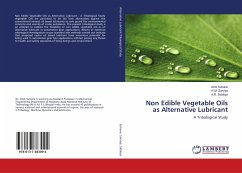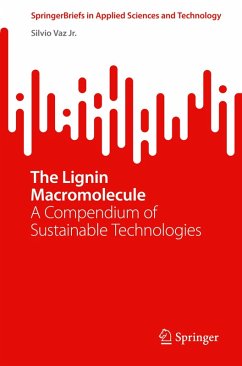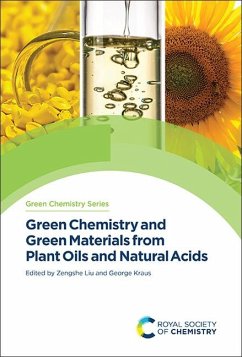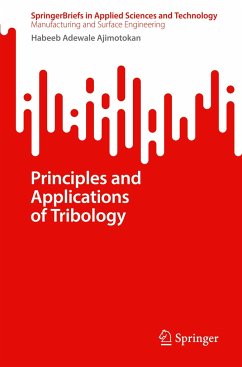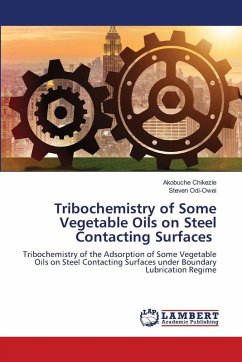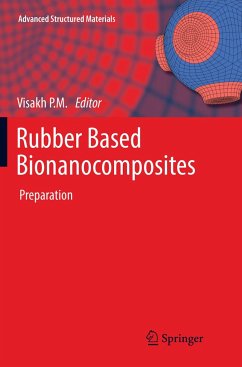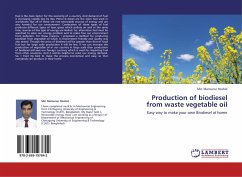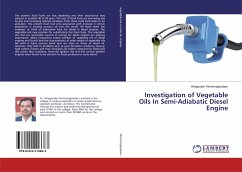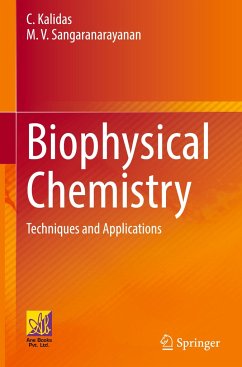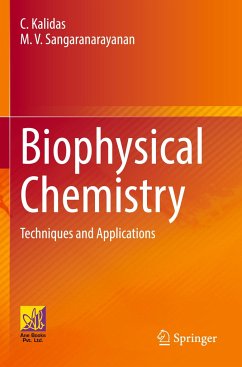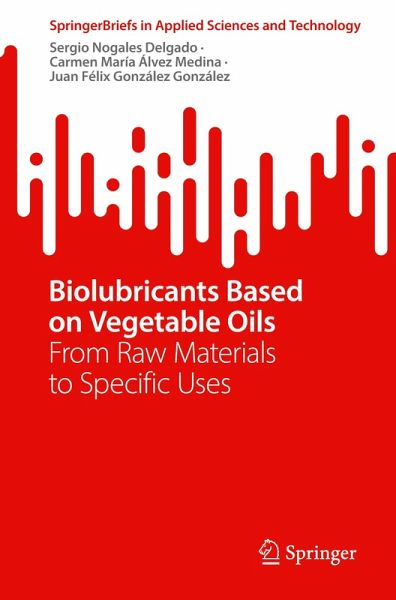
Biolubricants Based on Vegetable Oils
From Raw Materials to Specific Uses

PAYBACK Punkte
19 °P sammeln!
This is a book about biolubricants. It provides a general overview of these useful products, paying attention to their contribution to green and sustainable chemistry or the circular economy through the implementation of biorefineries. But also, it is a book about General Chemistry, Physics, Engineering, etc., as this specific subject could act as a cornerstone for many multidisciplinary fields.The book's chapters include several exercises and questions to track reader's learning and give general and specific idea of how biolubricants are not just a promising research topic, but also a practic...
This is a book about biolubricants. It provides a general overview of these useful products, paying attention to their contribution to green and sustainable chemistry or the circular economy through the implementation of biorefineries. But also, it is a book about General Chemistry, Physics, Engineering, etc., as this specific subject could act as a cornerstone for many multidisciplinary fields.
The book's chapters include several exercises and questions to track reader's learning and give general and specific idea of how biolubricants are not just a promising research topic, but also a practical reality. The main ideas covered in this work are the following: history, origin and use of biolubricants, main chemical routes to produce them and their quality assessment.
The book's chapters include several exercises and questions to track reader's learning and give general and specific idea of how biolubricants are not just a promising research topic, but also a practical reality. The main ideas covered in this work are the following: history, origin and use of biolubricants, main chemical routes to produce them and their quality assessment.



